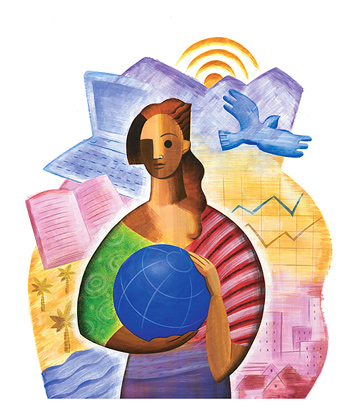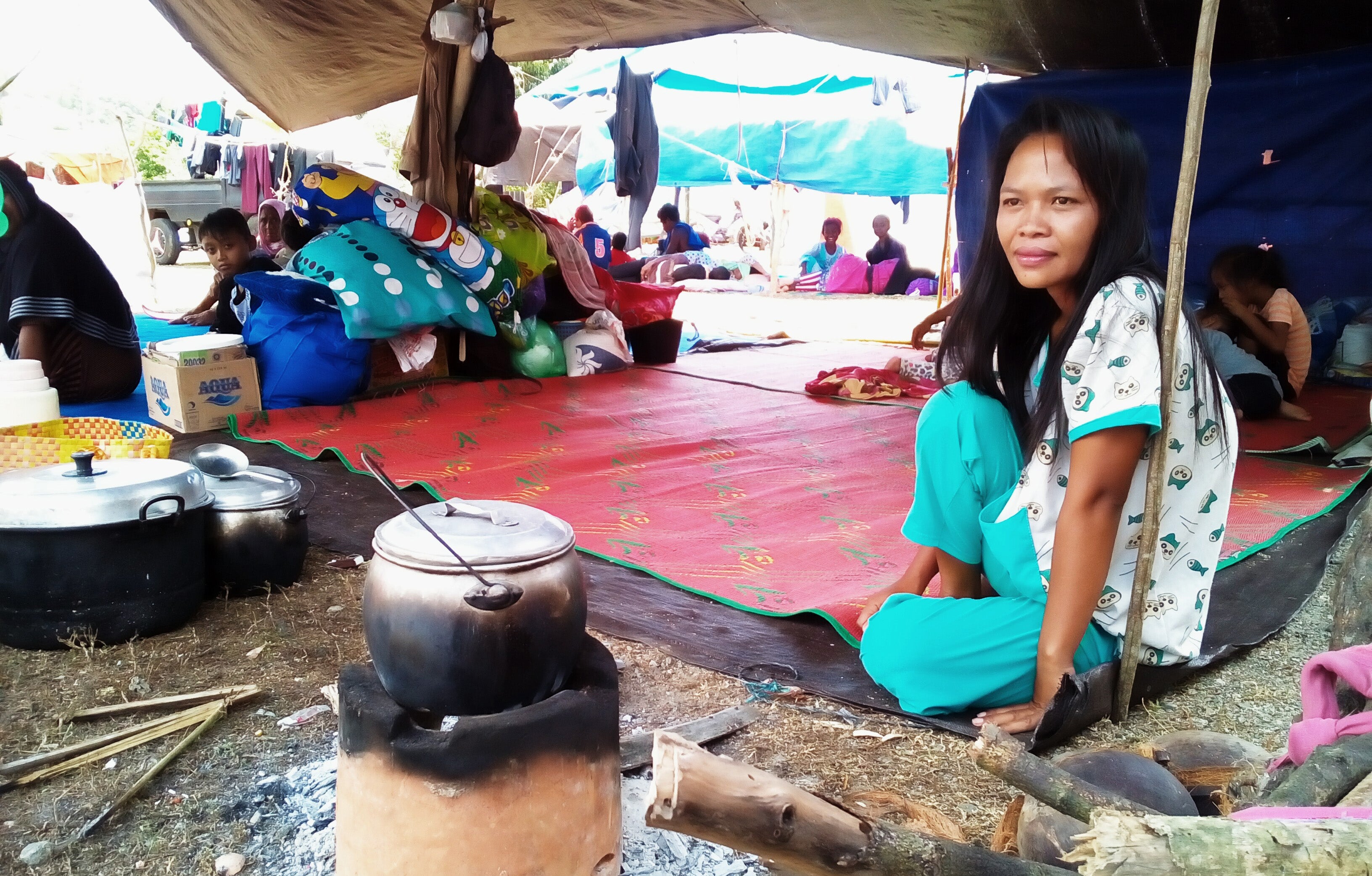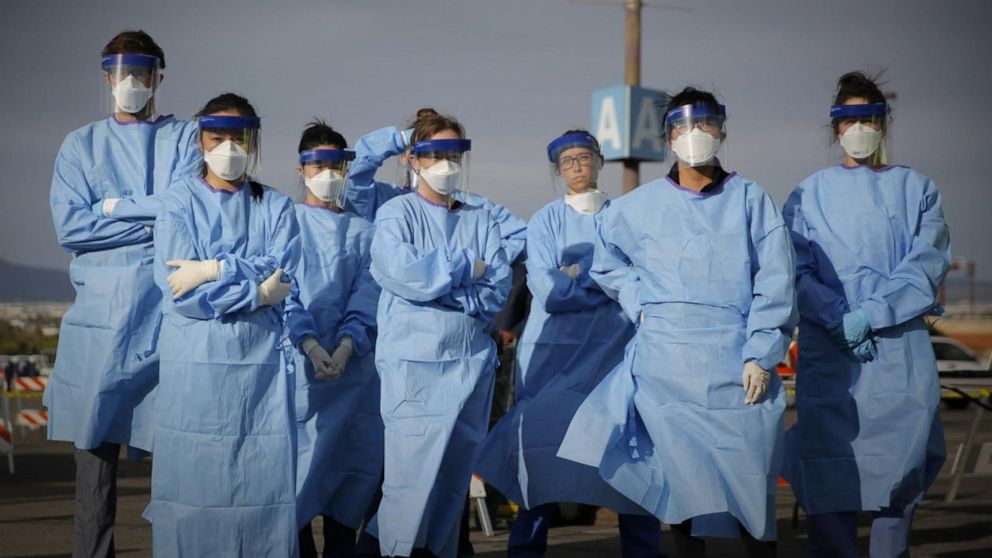Affects of world crisis (pandemic like COVID-19) on women
The invisible face of the fallout
The traditional gender role that women play distinctly affects them in global crises as seen in numerous examples:

- The world has suddenly woken up to the virus ravaging it.
- While catastrophes affect people at large, the economical, sociological and psychological impact that each catastrophe has on women is profound.
- Data indicate the need to address this during and after these catastrophic episodes.
Crises and gender
- In the 2004 Indian Ocean tsunami, the coastlines of the countries region, including India, were affected and more than 2,00,000 people were killed or listed missing; a fourth of them were women.
- The traditional 'care giver' role that women play has much to do in explaining this. Women stay around looking for their loved ones in order to them safe.
- Besides this, women lack many life skills such as swimming and climbing.
- During tsunami recovery phases, aid organisations and governments house the homeless in camps where women face many difficulties including abuse by men.
- Gender-skewed tsunami deaths resulted in a disproportionate gender ratio where men largely outnumbered women. Women also faced hygiene challenges in these camps due to inadequate sanitation facilities.
- In Kerla, after the floods in 2018-19, thousand were housed in relief camps.
- Experts observe that relief measures focus on livelihoods and assets, compelling aid agencies to focus on restoring livelihoods.
- Flood destroyed kitchens forced women to cook in the open air with whatever they were left with.

- There was considerable added domestic work by women, which went unnoticed.
Issues Faced in the pandemic
- Coming to the current COVID-19 pandemic, its impact on both genders is beyond the mere death statistics.
- According to World Health Organization data, around 70% of the world's health workers are women, 79% of nurses are women.

- Health workers in general are highly vulnerable and not ensuring their safety is a high risk that can severely impact the health system.
- India has a millions-plus accredited social health activist (ASHA) workers who are an integral part of its health system.
- ASHA, who work at the ground level, are reporting incidents of attacks while on COVID-19 duty.
- Stringent action against their tormentors is needed to ensure their professional safety.


Comments
Post a Comment